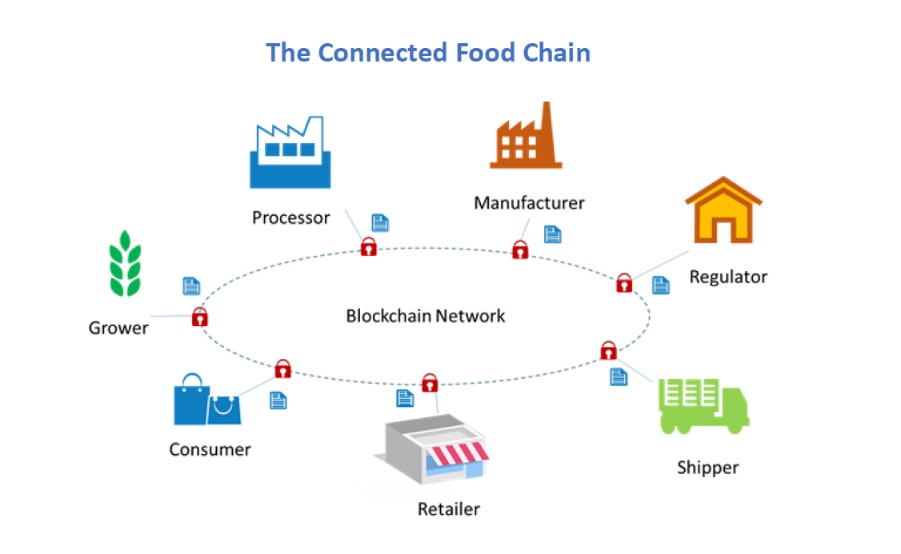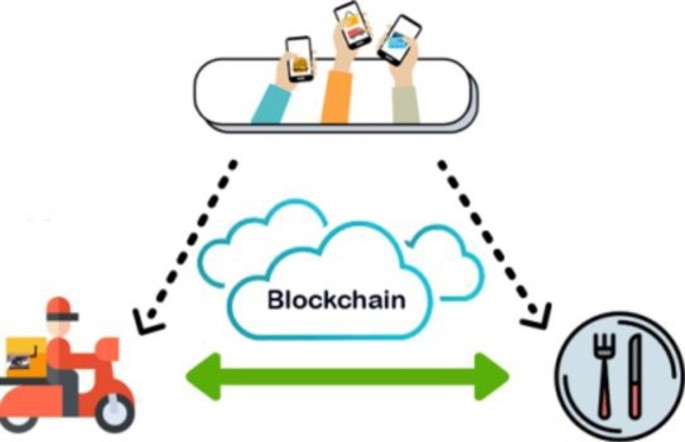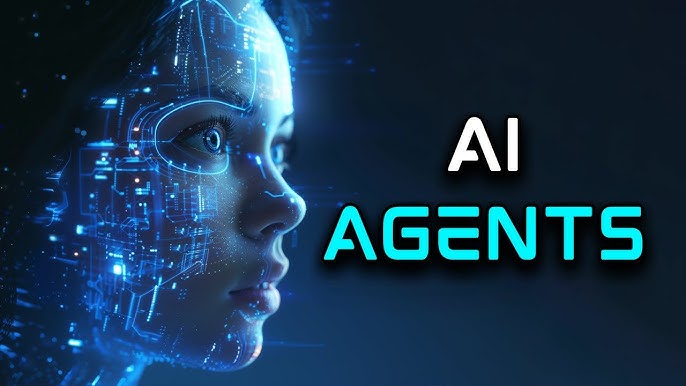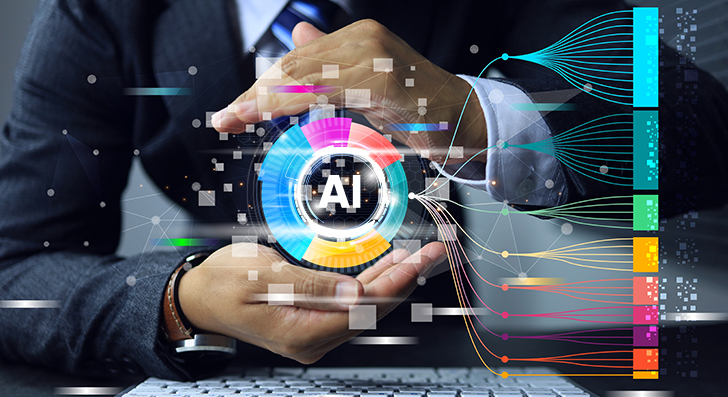The food delivery industry has experienced remarkable growth in recent years, driven by technological advancements and changing consumer preferences. However, this rapid expansion has also brought challenges related to transparency, trust, and food safety. Blockchain technology emerges as a transformative solution, providing a decentralized and immutable ledger that enhances the integrity of food delivery systems.
What is Blockchain Technology?
Blockchain is a distributed ledger technology that allows multiple parties to maintain a shared database securely. Each transaction is recorded in a block, which is then linked to the previous block, creating a chain. This structure ensures that once data is recorded, it cannot be altered or deleted, providing a high level of security and transparency. The decentralized nature of blockchain means that no single entity has control over the entire database, reducing the risk of fraud and manipulation.

Enhancing Transparency in Food Delivery
Implementing blockchain in food delivery significantly increases transparency. Consumers can trace the origin of their food, ensuring it meets safety standards and ethical sourcing practices. For instance, when ordering a meal, customers can view the entire journey of the ingredients—from farm to table—fostering trust in the food they consume.

This level of transparency is particularly important in today’s market, where consumers are increasingly concerned about food safety, sustainability, and ethical sourcing. Blockchain allows for real-time tracking of food products, enabling quick responses to any issues that arise, such as contamination or recalls.
Building Trust Among Stakeholders
Blockchain technology benefits not only consumers but also strengthens trust among various stakeholders in the food delivery process. Restaurants, suppliers, and delivery personnel can share information seamlessly, reducing disputes and enhancing collaboration.
For example, smart contracts—self-executing contracts with the terms of the agreement directly written into code—can automate processes such as payments and order confirmations. This ensures that all parties adhere to agreed-upon terms, reducing the likelihood of misunderstandings and disputes. By fostering a collaborative environment, blockchain technology can improve relationships between stakeholders and lead to more efficient operations.
Real-World Applications and Case Studies
Several companies are already leveraging blockchain technology in their food delivery services. For example, Walmart has implemented blockchain to track the supply chain of its food products, allowing for rapid identification and response to food safety incidents. This system enables Walmart to trace the origin of products in seconds, a process that previously took days.
Another notable example is the partnership between IBM and various food companies, which launched the Food Trust blockchain network. This initiative allows participants to share data about the food supply chain, enhancing transparency and trust among consumers and businesses alike.
Additionally, companies like Provenance are using blockchain to verify the authenticity of organic products, ensuring consumers receive what they pay for. By providing verifiable information about the sourcing and handling of products, these companies are building consumer confidence and loyalty.
Challenges and Considerations
While the potential benefits of blockchain in food delivery are substantial, challenges remain. Integration with existing systems can be complex, as many businesses rely on legacy systems that may not easily adapt to new technology.
Furthermore, the need for industry-wide standards is crucial for ensuring interoperability between different blockchain systems. Without common standards, the benefits of blockchain may be limited, as companies may struggle to share information across platforms.
Additionally, the initial costs of implementing blockchain technology can be significant, particularly for smaller businesses. However, the long-term benefits—such as improved efficiency, reduced fraud, and enhanced customer trust—can outweigh these initial investments.
Conclusion
Blockchain technology holds great promise for the food delivery industry, offering solutions to enhance transparency and trust. By enabling real-time tracking of food products and fostering collaboration among stakeholders, blockchain can help create a more secure and reliable food delivery system.
As the industry continues to evolve, embracing blockchain can lead to a more transparent and trustworthy environment, benefiting consumers and stakeholders alike. The future of food delivery may very well depend on how effectively we harness the power of blockchain technology.
Are you interested to know Marketing Strategies for Food Delivery Businesses: How to Stand Out
Read here : Marketing Strategies for Food Delivery Businesses: How to Stand Out
For more information contact : support@mindnotix.in
Mindnotix Software Development Company


 AI-Taxi App
AI-Taxi App AI-Food App
AI-Food App AI-Property Mgmt App
AI-Property Mgmt App AI-CRM
AI-CRM AI-Fantasy App
AI-Fantasy App
 Web Development
Web Development App Development
App Development Business & Startup
Business & Startup Hire Developer
Hire Developer
 Digital Marketing
Digital Marketing Lead-generation
Lead-generation Creative Agency
Creative Agency Branding Agency
Branding Agency Augmented Reality
Augmented Reality Virtual Reality
Virtual Reality Internet of Things
Internet of Things Artificial Intelligence
Artificial Intelligence Blockchain
Blockchain Chatbot
Chatbot



